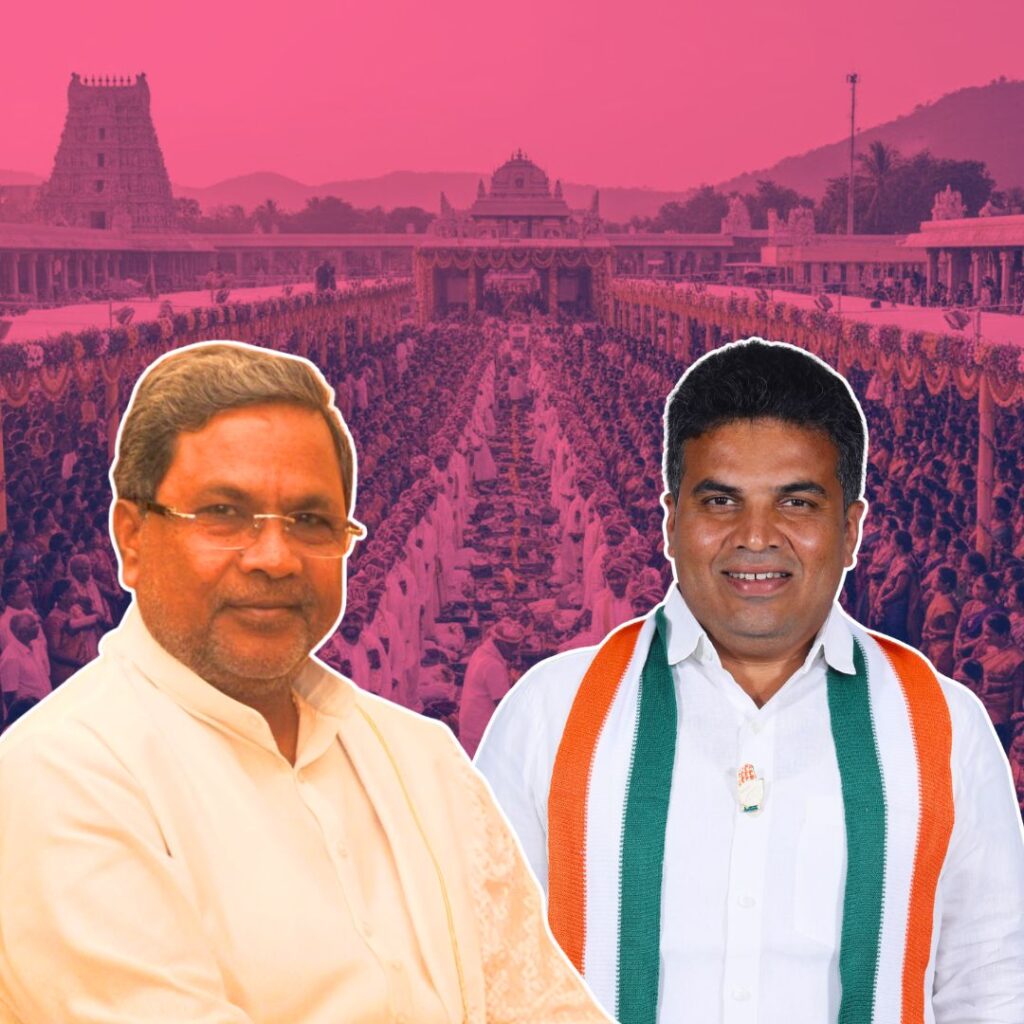Gopika Govind, a 24-year-old from Kerala’s Karimbala tribal community, has made history by becoming the state’s first tribal air hostess. Born in the Kavunkudi ST colony near Alakkode, Gopika grew up in a family of daily wage labourers, P Govindan and VG Biji.
Despite financial hardships, she pursued her childhood dream of becoming an air hostess. Initially, she studied BSc in Chemistry due to financial constraints but later enrolled in a government-supported aviation diploma course at Dream Sky Aviation Training Academy in Wayanad.
After completing her training, Gopika joined Air India Express and boarded her first flight from Kannur to a Gulf destination, inspiring countless young women from underprivileged backgrounds.
Breaking Barriers: Gopika’s Journey to Success
Gopika’s journey is a testament to resilience and determination. Raised in poverty, she always dreamed of a better future. Her parents, P Govindan and VG Biji, worked as daily wage labourers, making it difficult for her to pursue her aspirations initially.
However, Gopika remained steadfast in her goals. She first pursued a BSc in Chemistry due to financial constraints but was inspired to revive her dream of flying after seeing a picture of cabin crew in a newspaper. She then joined a one-year diploma course in aviation, supported by a government scheme for tribal students.
After facing initial setbacks during interviews, Gopika succeeded on her second attempt and completed three months of cabin crew training before boarding her first flight. Her determination and perseverance have made her a role model for many young girls in her community.
Overcoming Socio-Economic Challenges
Gopika’s achievement highlights the importance of access to education and opportunities for underprivileged communities. Her family’s financial struggles initially forced her to choose practical career options over her dream.
However, discovering a government scheme for tribal students proved pivotal in enabling her to pursue aviation training without financial burden. The scheme covered ₹1 lakh of her course fees, allowing her to focus on her studies without the weight of financial responsibilities. Gopika’s success is not just personal but symbolic of the potential within marginalised communities when systemic support is provided.
She advises aspiring youth to “pursue dreams fearlessly” and let results speak for their hard work. Her story has sparked hope among tribal youth, encouraging them to aim higher despite societal barriers.
The Logical Indian’s Perspective
Gopika Govind’s story exemplifies the transformative power of dreams, determination, and inclusive policies. Her achievement underscores the importance of creating pathways for underprivileged communities to access education and employment opportunities.
It is a reminder that systemic support can break generational cycles of poverty and foster social equity. As we celebrate Gopika’s milestone, we ask our readers: How can India further expand initiatives to empower marginalised communities and inspire more stories like Gopika’s?
What role can education and government support play in bridging socio-economic gaps? Share your thoughts in the comments below!












